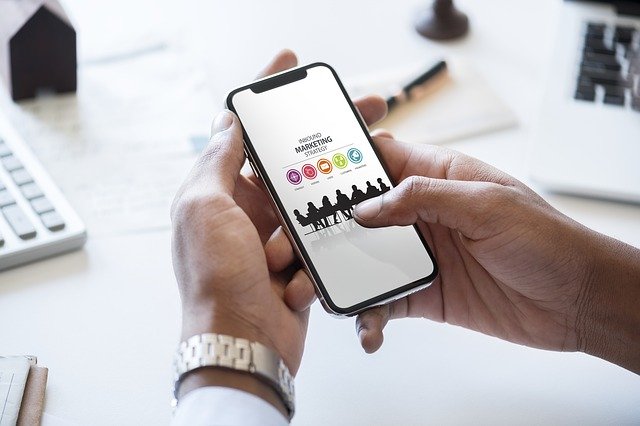10 Reasons Why Your Website Isn’t Ranking in SERPs

Ranking in the first page of search engines can be considered the Holy Grail of internet marketing. Business exposure, authority, increased ROI, etc.
The benefits are unlimited. Unfortunately, getting to that position tends to be a marathon – and can truly test your patience. Here are 10 possible reasons why your website isn’t ranking well in popular SERPs.
Value
You need to create valuable, useful content on your website about every important topic regarding your “niche” under the sun.
Long-form content that is relevant and immediately useful to people tend to rank higher. Articles and topics that help people is the name of the game.
Time
Using SEO to improve your rankings in SERPs takes time. From researching keywords, implementing those keywords, and then continually evaluating the results is time-consuming. Expect several months for initial changes in ranking to be seen.
Geography
Most of the time, two people searching for the same thing, in the same search engine, will yield different results.
You may want to consider adding your site to a local business directory to take advantage of location marketing. You can use local SEO tools to help you target more geographic-specific results.
Technical SEO
The art of technical SEO—your website’s “skeleton”—is evolving. They go hand in hand. This includes the macro indicators of your site’s performance, page speed, Iframes and Flash content and mobile friendliness.
Meaning
Using DuckDuckGo, the first result for “SEO” is a beginner’s guide for search engine optimisation. If you work in a marketing firm, this guide is irrelevant for you.
Remember: the words you use have different meanings for you than they do for SERPs and internet users.
Lost/Broken Links
Links can be lost in as little as three months. This will drop you further towards the back pages of search engines.
This means that any link you use will no longer “tell” search engines to refer people to your site. Majestic or Ahrefs are just two tools that help you search for misplaced links.
One Keyword
Focusing all your energy on ranking for one keyword is a mistake. Thousands of businesses are after the same keyword. By using LSI keywords, or synonyms, you’ll be able to find more right words for inviting visitors to your page.
Competition
Companies have entire teams dedicated to improving rank. Each week you don’t spend improving your ranking, your rivals are. Even if you two aren’t in the same industry.
Competitive Keywords
Just as there are a plethora of companies vying for traffic, they’re vying to “win” with keywords. Your domain authority (DA) determines whether or not using a particular keyword will be effective.
The more profitable a keyword is, and the higher the click-through rate of links on pages, the higher number of companies are fighting for it.
Optimizing your search engine results is much harder these days than it used to be. This is why it might be wiser for you to target long-tail keywords.
Server Overload
Unfortunately, a lot of hosting packages come with a certain bandwidth limit. They will take down your site if you go over this limit.
While exposure to the masses is incredible, and getting your content featured on another site is aspirational, be aware of the repercussions. Too much downtime hurts your SERP rankings.
Conclusion
“Inflating” your search volume is hard, but not impossible. All the major engines constantly update their algorithms to prevent marketers from manipulating traffic. To see what you can do, perform an on-page SEO audit.


